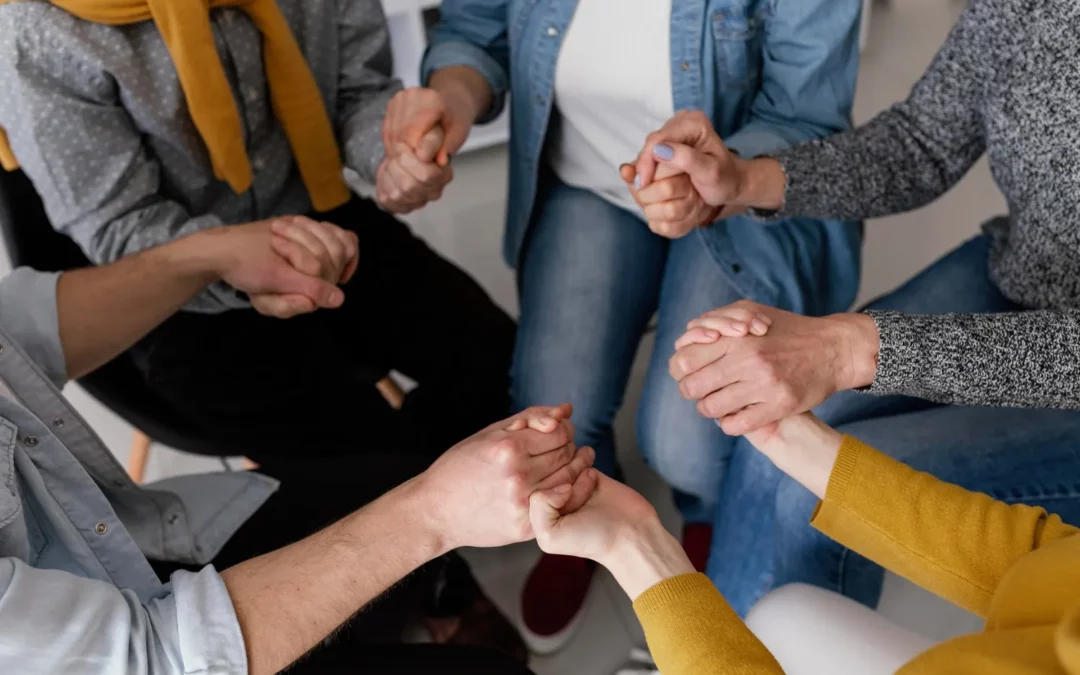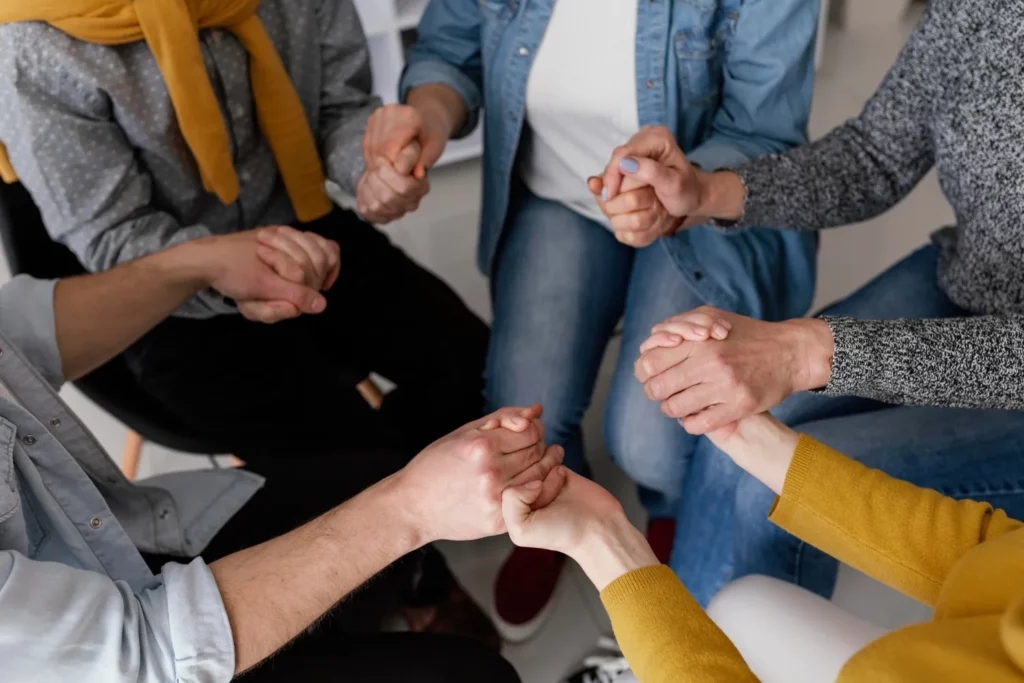
Supporting Seniors in Coping with Hearing Loss

Hearing loss affects millions of people around the world, including many seniors. It’s a condition that can have a huge impact on areas such as communication, social connections, mobility, and independence. It’s estimated that up to one-third of seniors in the US experience some form of hearing loss. Fortunately, there are a variety of options available to those trying to cope with hearing loss.
Healthcare professionals and support staff
Getting support from healthcare professionals and support staff is a great way to help seniors cope with hearing loss. Qualified professionals can perform assessments and tests to help diagnose and treat any existing hearing problems. Support staff may also be able to provide practical assistance such as using hearing aids or setting up environmental adaptions. Having a team of professionals who can provide guidance and support to seniors can help them find the best way to manage their hearing loss.
Listening devices and aids
In many cases, hearing aids or listening devices can be used to help seniors better hear and understand conversations. Hearing aids are devices that amplify sound; they can help improve communication with family members and friends, as well as allow seniors to participate in everyday activities such as shopping and watching TV. Different types of aids are available on the market, such as those designed for specific problems and those that improve the effect of hearing aids. It’s important that seniors consult with healthcare professionals when selecting a hearing aid or device, as different types vary in terms of cost, performance, and purpose. Before making a purchase, ask the healthcare provider to explain the features and benefits of the different hearing aids.
Environmental modifications
Seniors can also reduce conversation noise by making environmental modifications to their home or other spaces they spend time in. For example, reducing the echo in a room by adding carpets, curtains, or furniture can help create a less echo-y space. In addition, avoiding loud background noise such as TVs, radios, and appliances can also help. Some technology innovations, such as assisted listening devices, can also make it easier for seniors to communicate. These devices work by amplifying sound which can help to make conversations clearer and easier to understand.
Self-education and understanding
Seniors who are struggling with hearing loss can benefit from self-education. This can include finding out more about the condition, including discussing it with friends and family and attending support group. Self-education can also include lifestyle changes such as minimizing the time spent in loud environments. Keeping an open mind and looking into methods for coping with hearing loss can make it easier to accept and manage the condition in everyday life. By taking the time to research and educate oneself on hearing loss and the available management options, seniors can find the best way to cope with hearing loss.
Hearing loss can be a challenging condition for seniors to live with, but with the right healthcare professionals, listening devices, environmental modifications, and self-education, seniors can find ways to cope with it. With the right support and understanding, seniors can find the right options that will help them manage their hearing loss.


